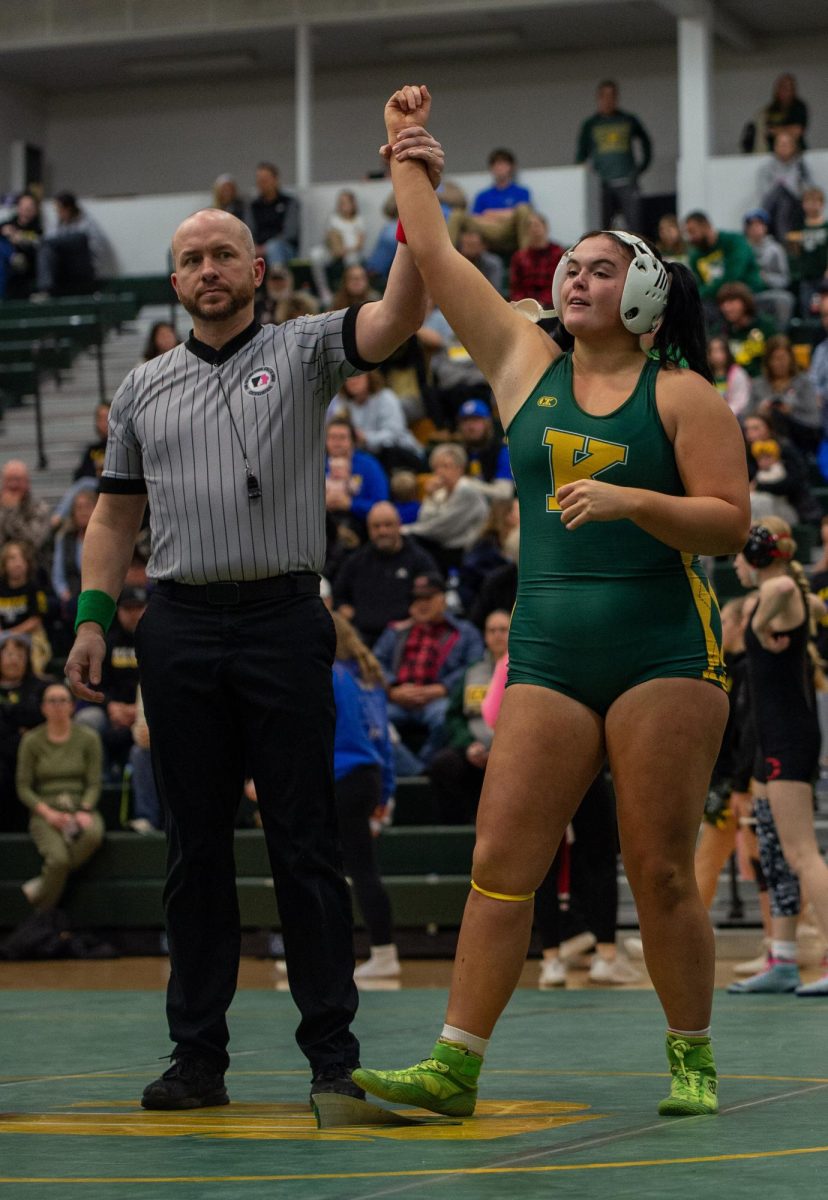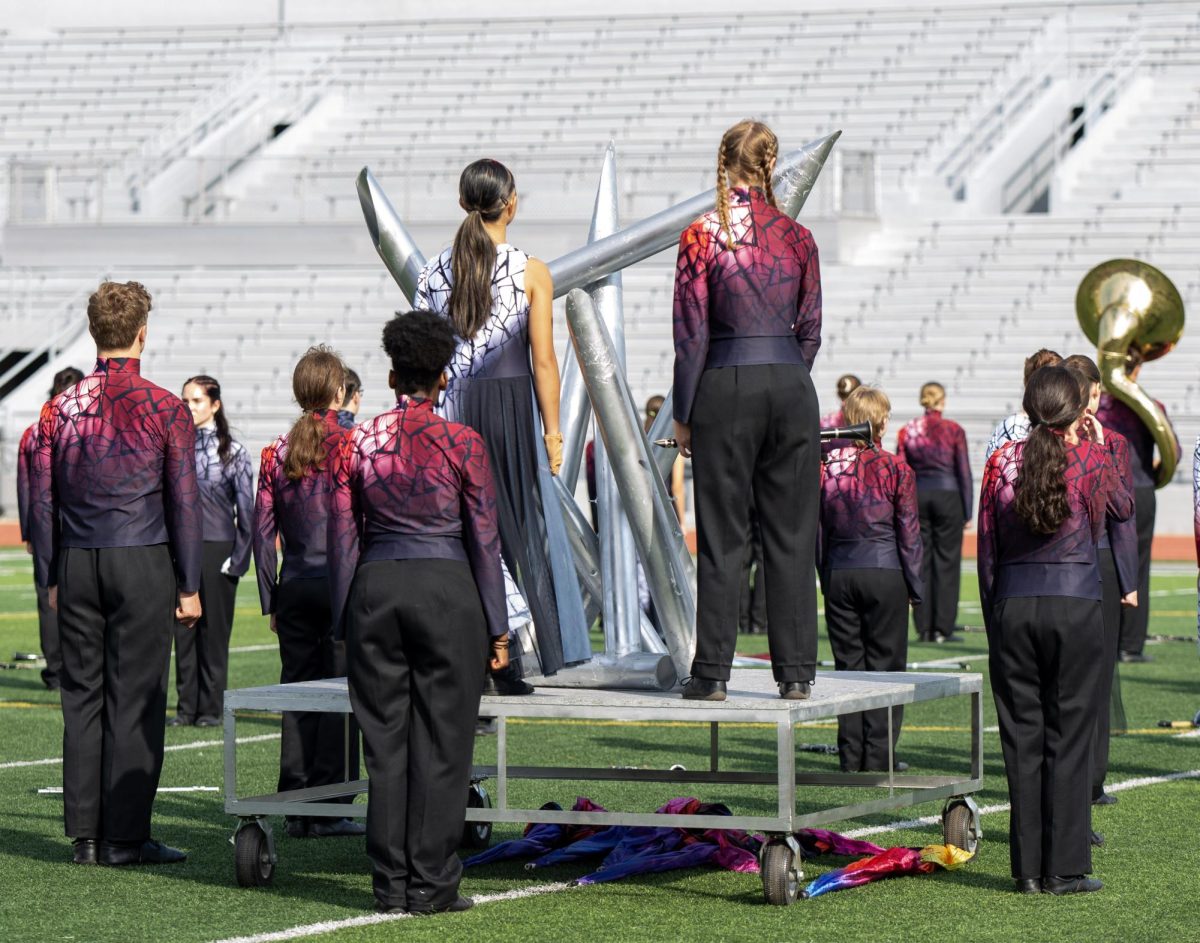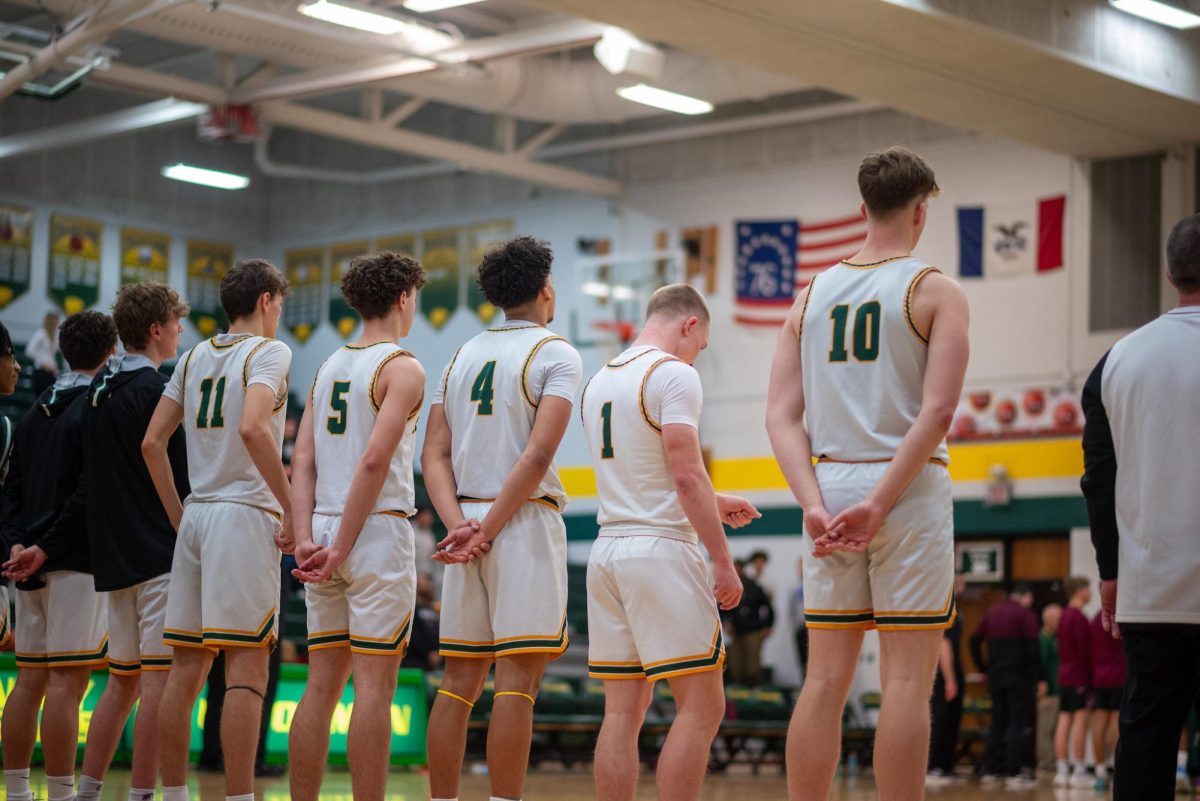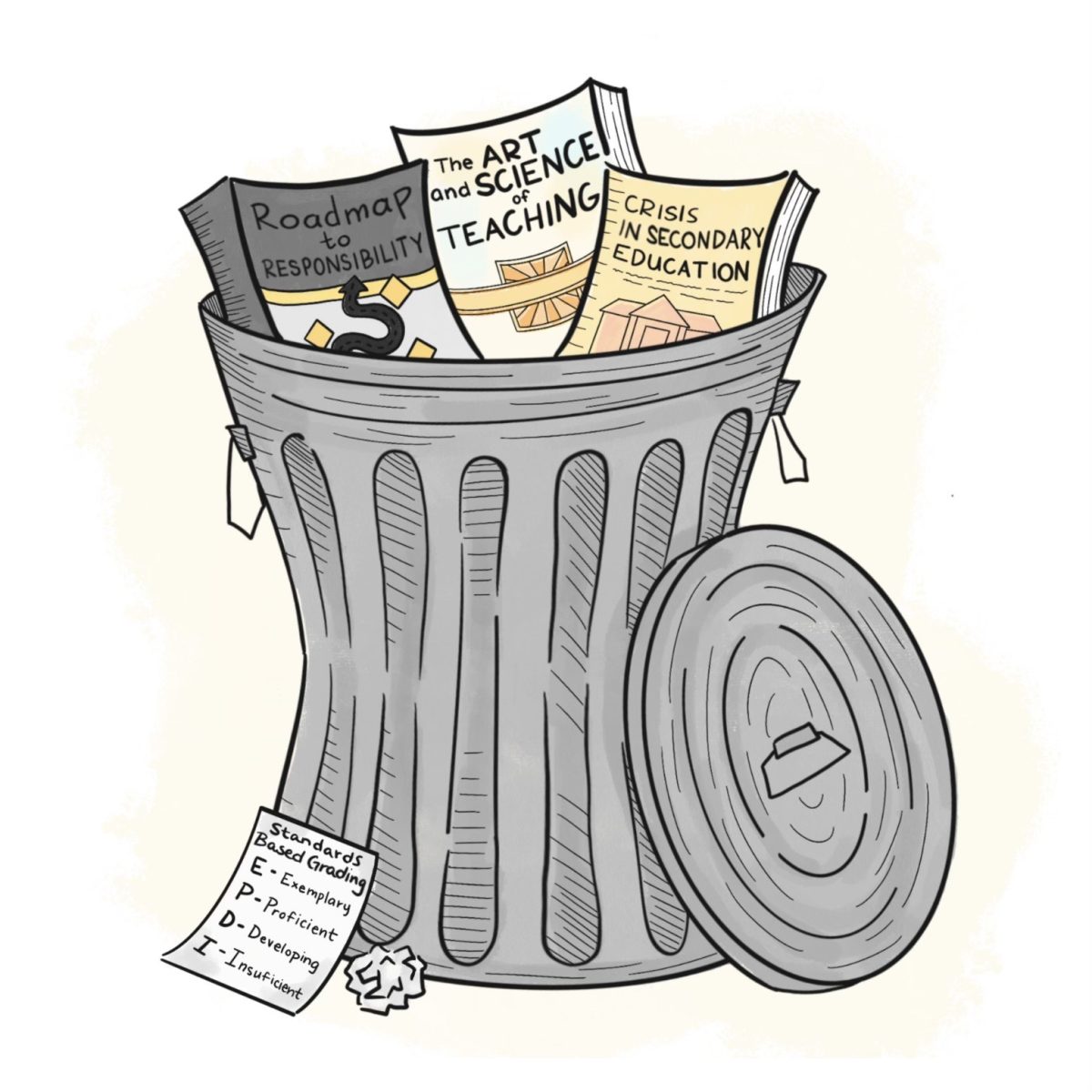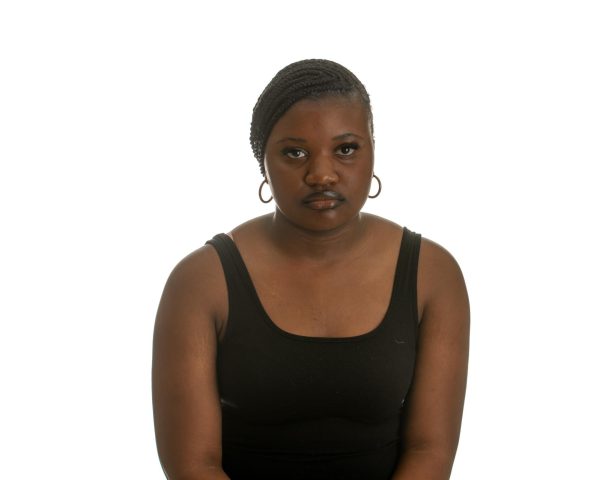It’s a question that nearly everyone has been asked at some point in their lives. As kids, our answers were often filled with excitement: astronauts, doctors, superheroes. As we grow older, reality sinks in.
Choosing a career path isn’t as simple as picking your childhood dream and sticking to it. Our interests shift, experiences shape us and for many seniors, the pressure to choose the “right” major can be overwhelming. Questions like “What major should I pick?” or “Am I making the right choice? What if I change my mind?” plague seniors with the fear of investing time and money into something that may not bring fulfillment.
Between 20-50% of seniors are uncertain about their future career paths and over 75% switch majors during college. Despite the statistics, society often imposes unrealistic expectations, and 18-year-olds are made to feel like they are behind for not having their futures mapped out.
“Honestly, most 18-year-olds aren’t 100 percent sure on what they want to do,” senior Amriah Longstreet said. “Plus, you never know what curveballs you may face in life.”
The pressure often leads students to pick majors based on what seems to be practical rather than what truly interests them. In some cases, it results in lifelong debt for a degree they don’t feel passionate about. Very few people have their career path mapped out from start to finish. Many professionals switch careers and industries or even go back to school later.
“High school teaches you a lot, but it doesn’t always prepare you for making a decision that will impact the rest of your life,” senior Camryn Meyer said.
Gap years are often frowned upon due to societal expectations of a structured education path, financial concerns, and parental pressure. However, they can be seen as a crucial time for self-discovery. Instead of rushing into college feeling uncertain, students should be allowed to take time to explore their interests, reflect on their goals and gain clarity about their future.
“High school is such a weird time, but it’s also really special,” senior Patient Tshikema said. “It’s where you figure out who you are, what you love, and what kind of person you want to be. That process doesn’t have to end at graduation—it should continue until students feel truly confident about their next steps.”



